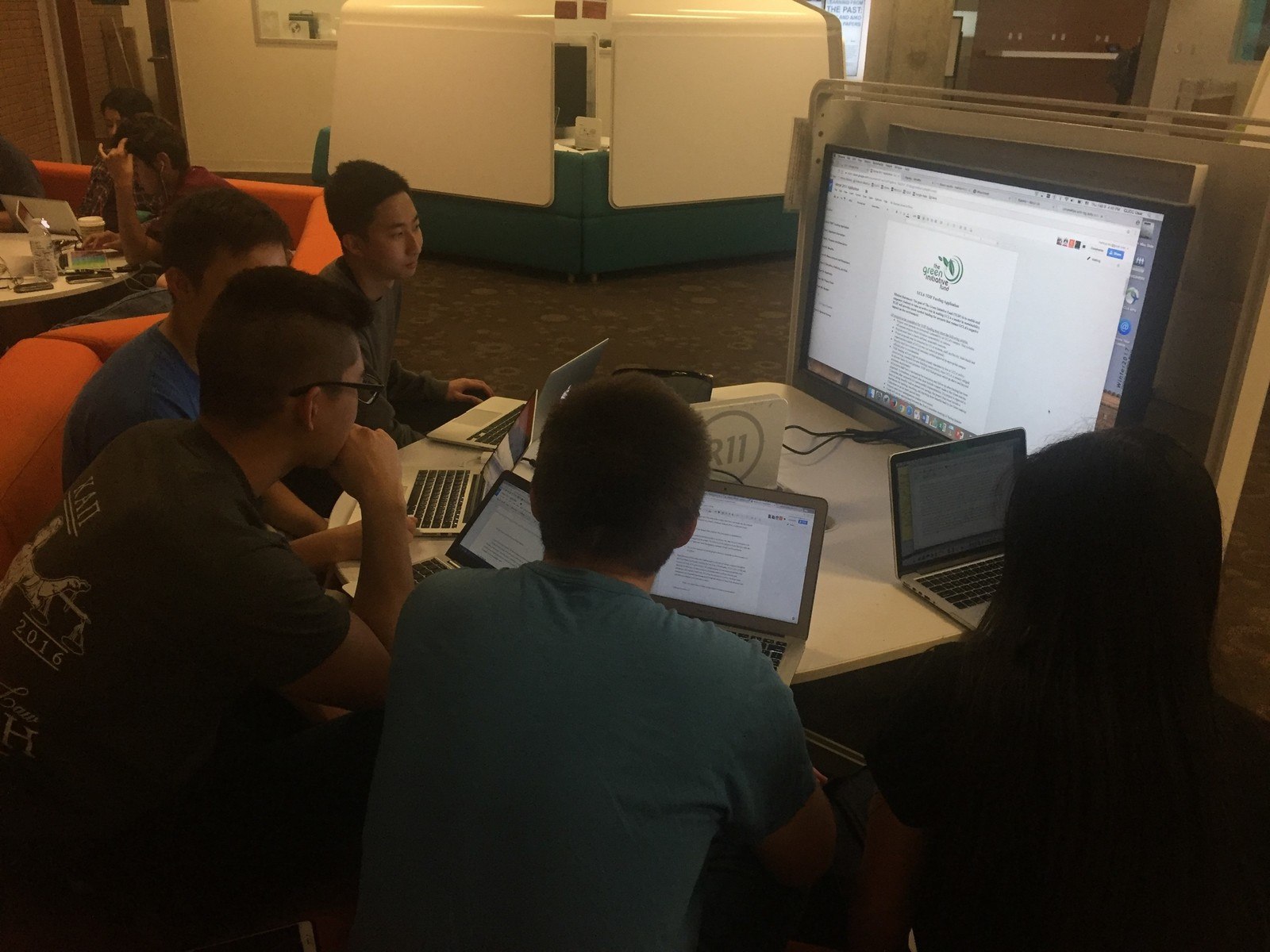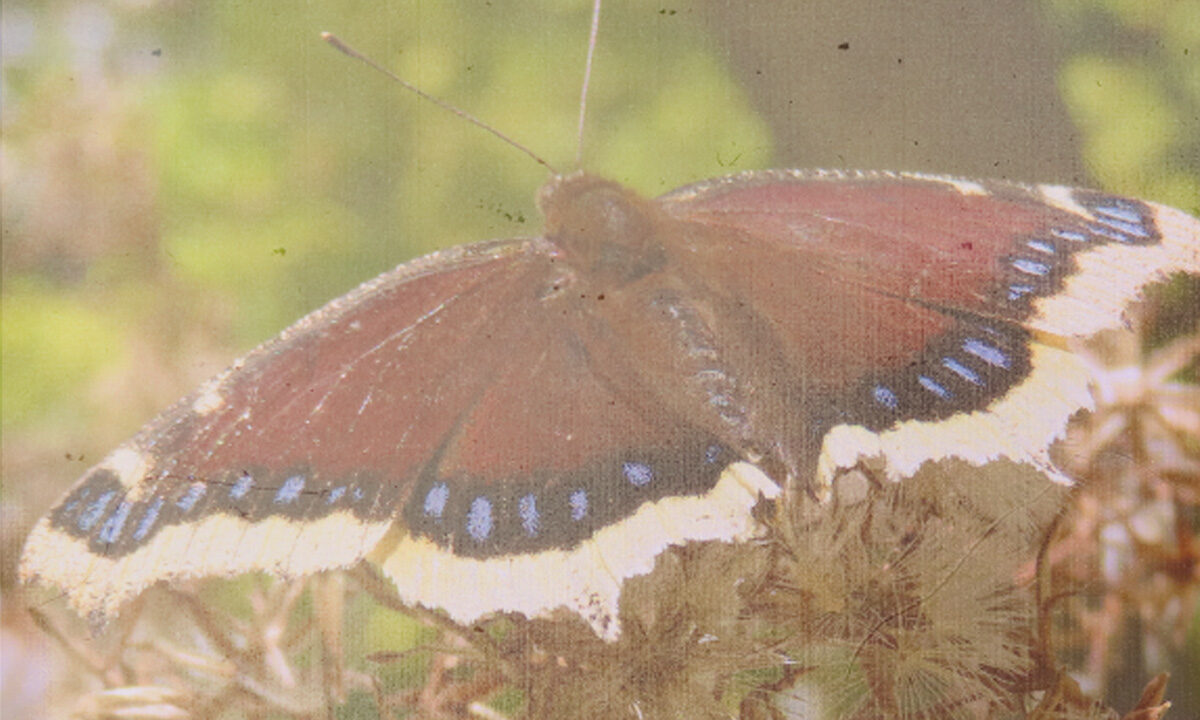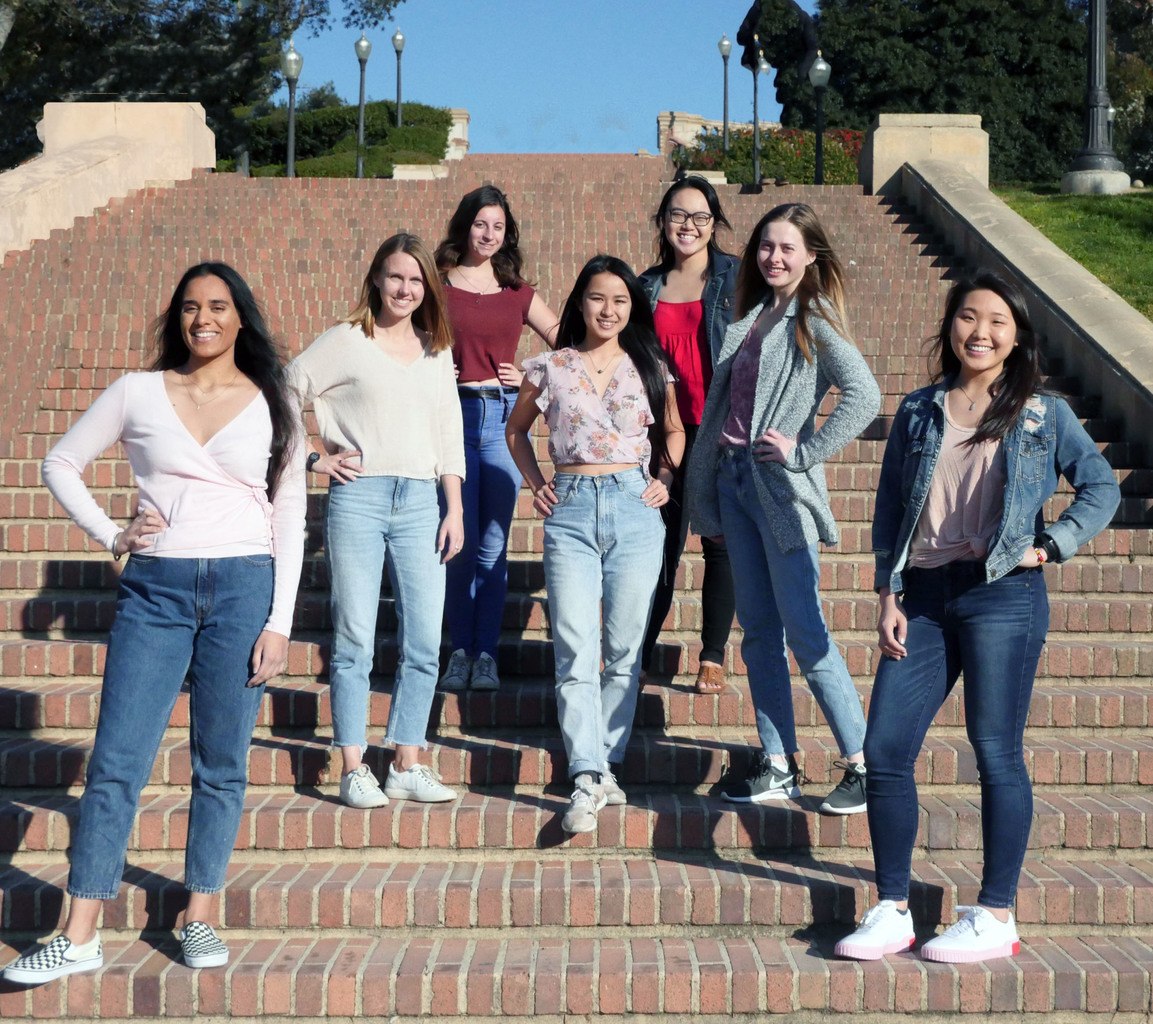
A trash can with a Big Belly
Winter 2017 - Week 5: IPM
By Carly Messex
This week we had the chance to meet with Jennie Wung from UCLA Environmental Health and Safety, who has been conducting research on food waste and rodent hotspots on campus. Accompanying her was Paul Townsend, representing UCLA’s resident pest control and management contractor. We spoke at length with Paul about a feasible timeline for removing rodenticides on campus as well as alternative mechanisms for eliminating rodents that could eventually be as or more effective than current rodenticides.
A large portion of Integrated Pest Management is taking preventative steps to discourage pests such as rodents and insects from inhabiting an area, and our team recognizes the possibilities for growth in this region at UCLA. If we can focus on reducing the spaces where rats can find food, water, and shelter on campus then the rats will be less likely to nest in hostile environments. As we have mentioned before, trash bins are an ideal spot for rats as they provide consistent food and shelter. In response, our team has turned our focus to changing how UCLA campus approaches trash. Paul Townsend emphasized the importance of sanitation and education; we need to focus on cleaning the areas around trash cans of low-growing underbrush, reduce the amount of overflow trash (ideally with closed trash cans) while educating the campus population on these simple solutions. Joshua Witt, the Executive Steward for UCLA Dining Services, suggested we consider alternative trashcans and steered us to the Bigbelly Solar Compactor- a solar powered trash can that compacts the trash and sends real-time updates to custodial services for efficient trash removal.
We are planning to survey students on campus in the coming weeks to understand how they view trash and how receptive they are to changing how we manage this campus’ waste. We are also continuing to gather data on pest hotspots. This week concludes with the team finishing our Green Initiative Fund application to purchase one of these Bigbelly Solar Compactors.



